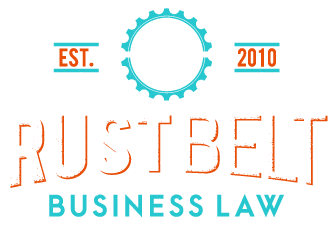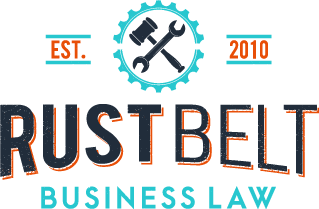Collecting Debts in Pennsylvania
Many business owners find that the most difficult part of owning a business is collections. After the work is done or the product delivered, you send an invoice to your customer or client, and you wait for payment. Unfortunately, customers don’t always pay on time, and some refuse to pay at all. Many business owners lack the time or inclination to take the steps necessary to collect past due debts. That could end up costing you a lot of money and even undermine the financial stability of your business.
What Is The Process For Collecting On A Debt?
Collecting on past due debts involves several steps, First, a written demand for payment should be sent, describing the goods sold, work performed, or other reason why the money is owed. Sometimes a follow-up demand is necessary, giving the debtor a deadline in which to pay before further legal action is necessary.
If the demand for payment is not successful, a lawsuit in the Magisterial District Court my be necessary. The Magisterial District Court handles claims of up to $12,000, and if often referred to as the “small claims” court. Claims in the Magisterial District Court can be scheduled relatively quickly and do not involve extensive pleadings or discovery. Claims of over $12,000 must be filed in the Common Pleas Court and can take longer. These claims may be more involved. In some cases a claim may be filed in a federal court.
Once you have filed a claim and received a judgment form a court, the collection process may still not be over. After you obtain a judgment there are several different ways in which to enforce the judgment. You may place a lien on any real estate owned by the debtor, you may garnish his wages, and, in some cases, you may obtain a lien on personal or business property.
How Can A Debt Collection Attorney Help?
- An attorney can help write contracts and invoices that make the collection process easier, and which make the debtor responsible for your expenses if you have to take legal action.
- Even though you can write demand letters yourself, a letter from an attorney is often taken more seriously. Sometimes, one letter from an attorney is all that is needed to convince a delinquent customer to pay.
- Even though you can file suit in the Magisterial District Court or Common Pleas court yourself, the process can be time consuming. Time spent collecting on past due invoices is time away from your business. This can be especially difficult if you have no employees, or few employees.
- After you get a judgment, you may still need to take extra steps to collect on that judgment. Filing wage garnishments, recording mechanic’s liens or real estate liens, and even finding out what property the debtor owns take even more time, and many small business owners give up at this point.
- There are state and federal laws regulate debt collectors. Violating these laws may make it impossible to collect a debt and may expose you to penalties. A debt collection attorney will know how to maximize your chances of getting your payment without violating any laws or regulations.
- The costs of debt collection, including court filing fees and attorney’s fees, can be passed on to the debtor if your contracts and/or invoices are written properly.



